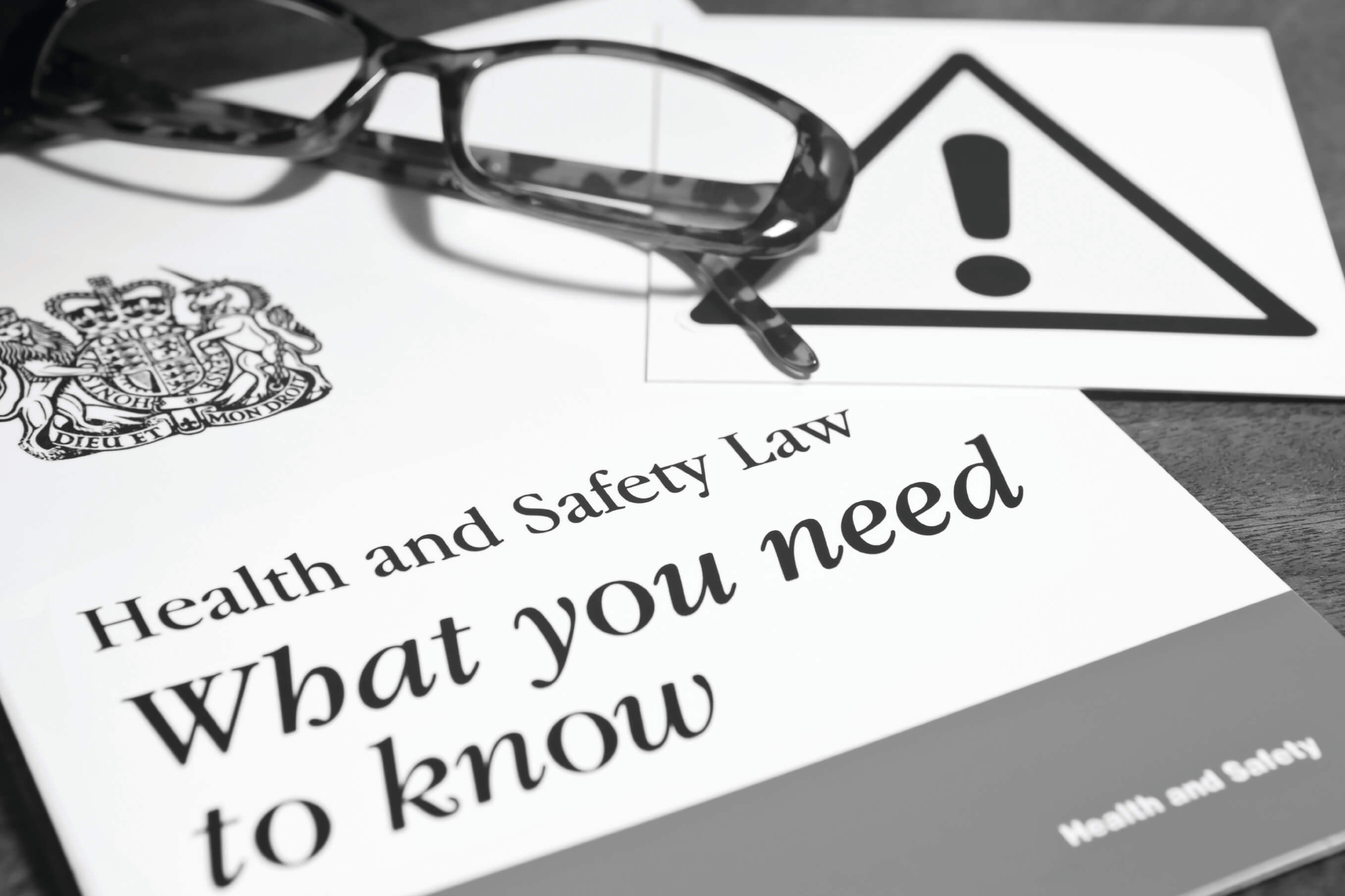Starting 1st February 2016, new guidelines from the Sentencing Council will dramatically increase fines for corporate manslaughter, food safety and hygiene offences, and health and safety offences. This will apply to any applicable sentence handed down on or after that date, regardless of when the offence was committed. The guidance is a response to what many legal experts saw as an inconsistent approach to sentencing severity, which resulted in lax fines that had only negligible effects on offenders. For example, few organisations have been fined even the minimum penalty of £500,000 when convicted of corporate manslaughter. But that ineffectual approach will now change with these new guidelines.
In order to assign proportionate fines that have a significant impact on a business’ finances and to deter the company from making the same offence again, the Sentencing Council separates businesses into the four following categories based on turnover and applies fines accordingly:
1. Large organisations: Turnover of £50 million or more
2. Medium organisations: Turnover between £10 million and £50 million
3. Small organisations: Turnover between £2 million and £10 million
4. Micro organisations: Turnover not more than £2 million
Organisations with a turnover that greatly exceeds the threshold for large organisations may receive fines outside of the suggested range to ensure the sentence is proportionate.
Starting 1st February 2016, the courts will classify organisations using the above criteria in order to hand out proportionate fines for these offences:
· Health and safety offences: Based on an organisation’s offence, turnover, and whether the fine is proportionate to its financial means, fines range from £50 to £10 million.
· Corporate manslaughter: Based on an organisation’s offence, its turnover, and whether the fine is proportionate to its financial means, fines range from £180,000 to £20 million.
· Food and safety hygiene offences: Based on an organisation’s offence, turnover, and whether the fine is proportionate to its financial means, fines range from £100 to £3 million.
As the date the new guidelines will go into effect approaches, be sure to undertake a thorough risk management and health and safety review of your premises and policies. Solicit the input of your employees—asking them to identify their health and safety concerns can be vital in finding hazards that would not have been obvious to upper-level managers.
This long-awaited guidance furthers the trend of imposing ever-higher fines for regulatory offences and increasing corporate accountability.
Further, this reform is reflective of a broader sea change of ensuring that corporations are more transparent about their practices and the repercussions that they may have on the public. And, if corporations choose to limit what they share, or are unwilling to share, they should be prepared to be financially penalised. Make sure that your company doesn't fall foul of the new rules - speak to Bollington's Risk Management team for their best advice on compliance with legislation.








